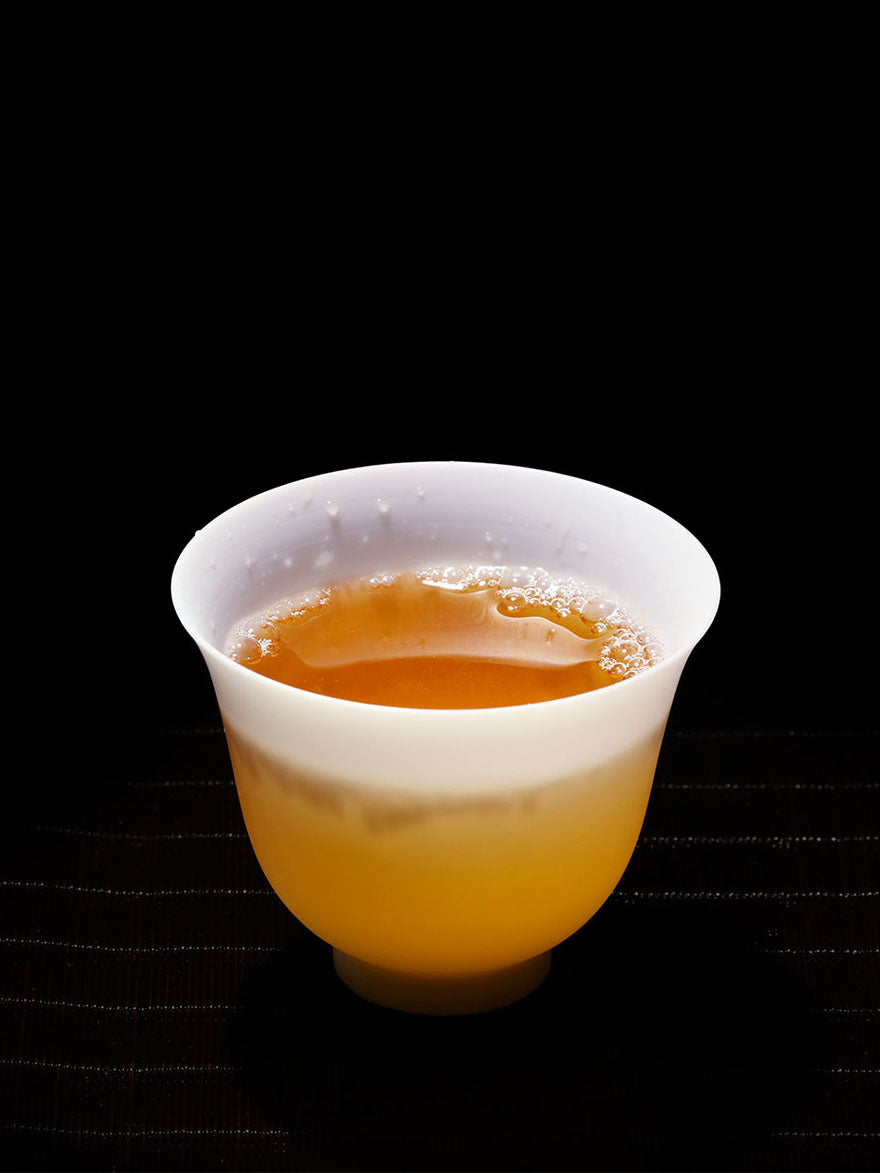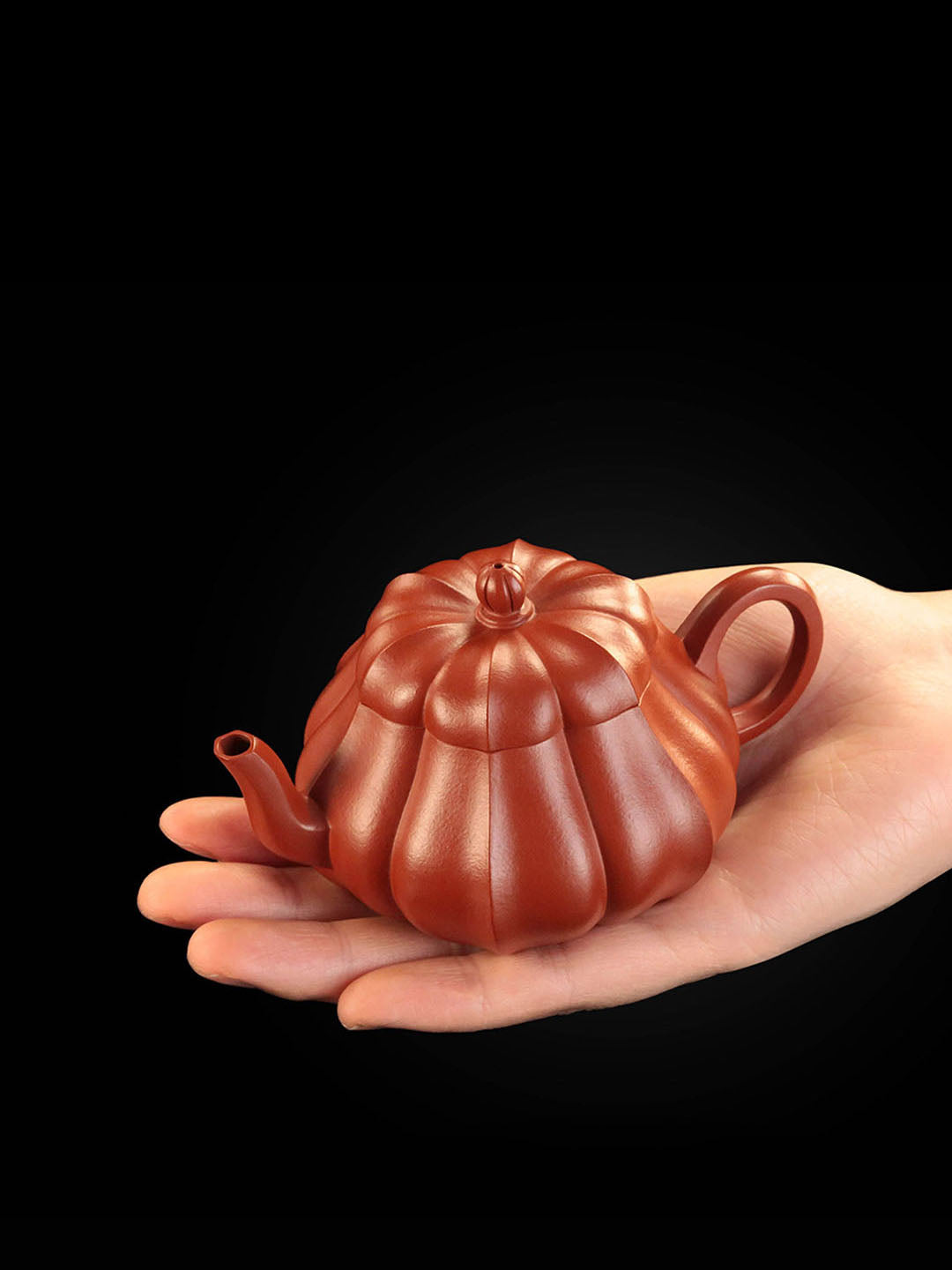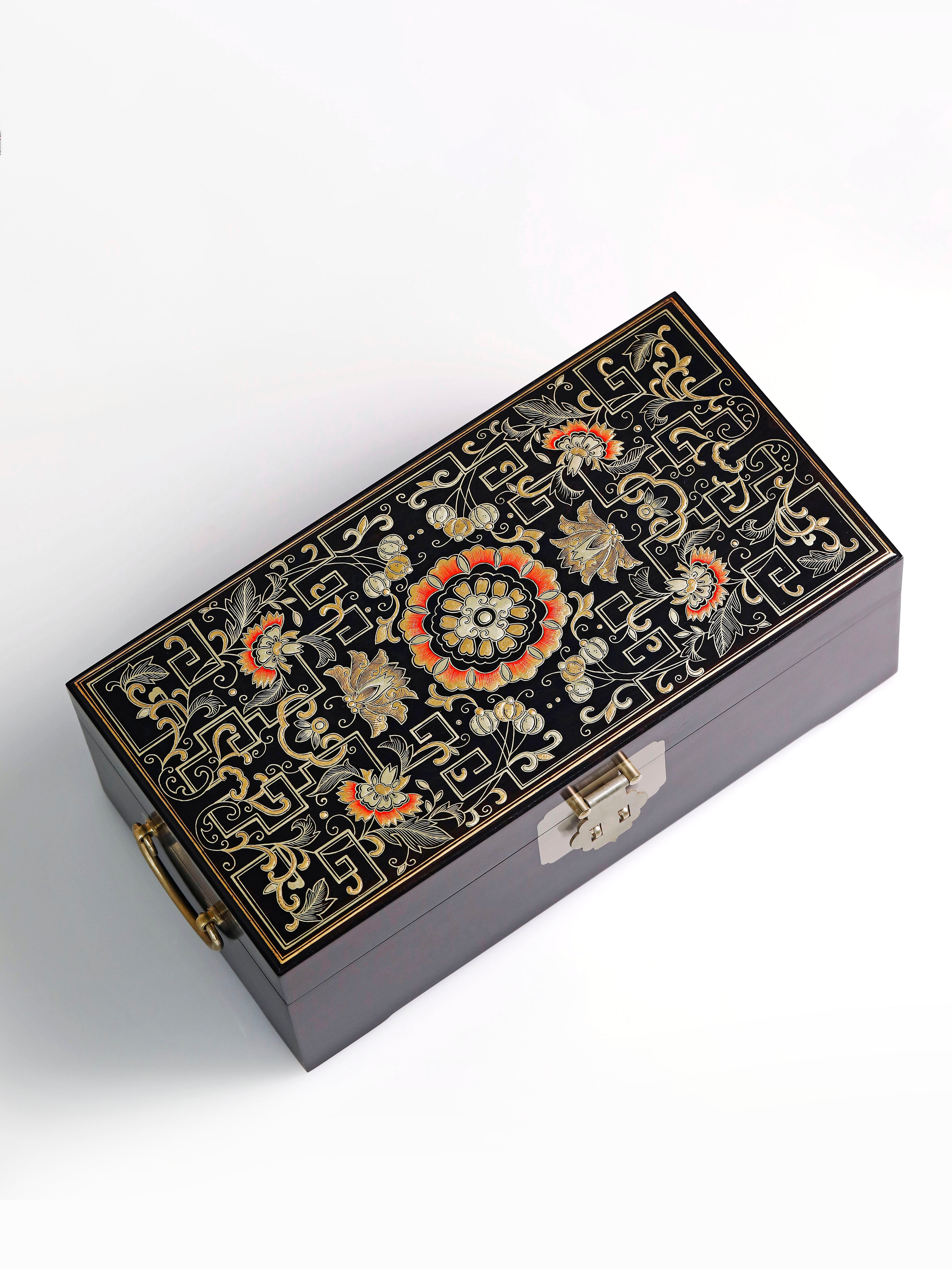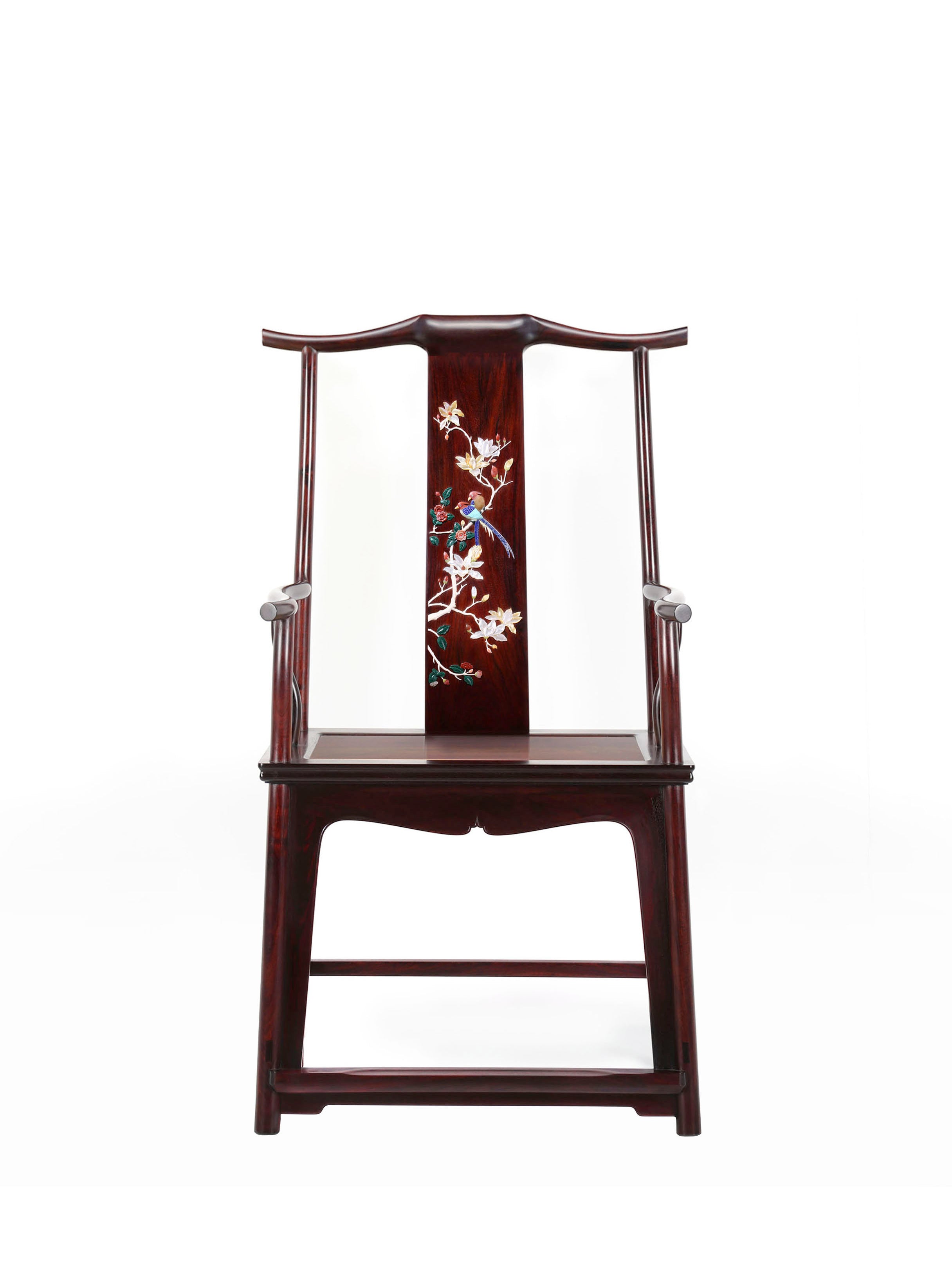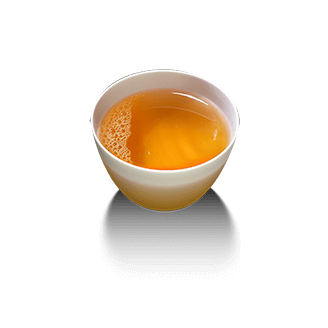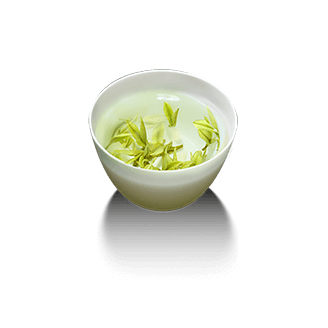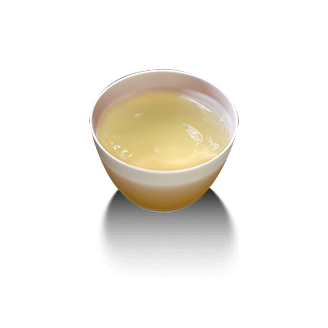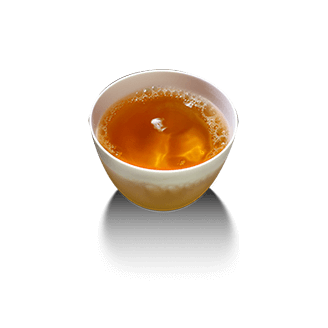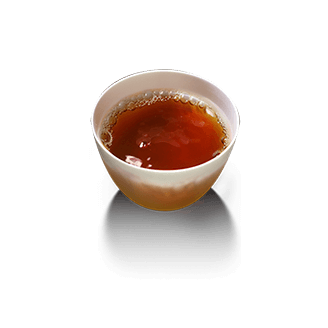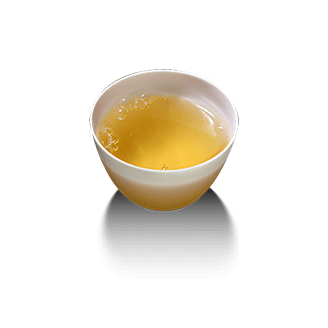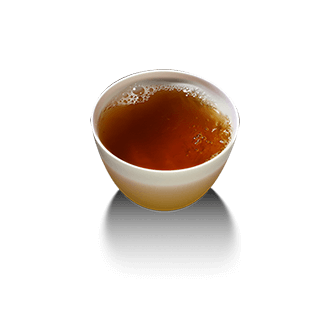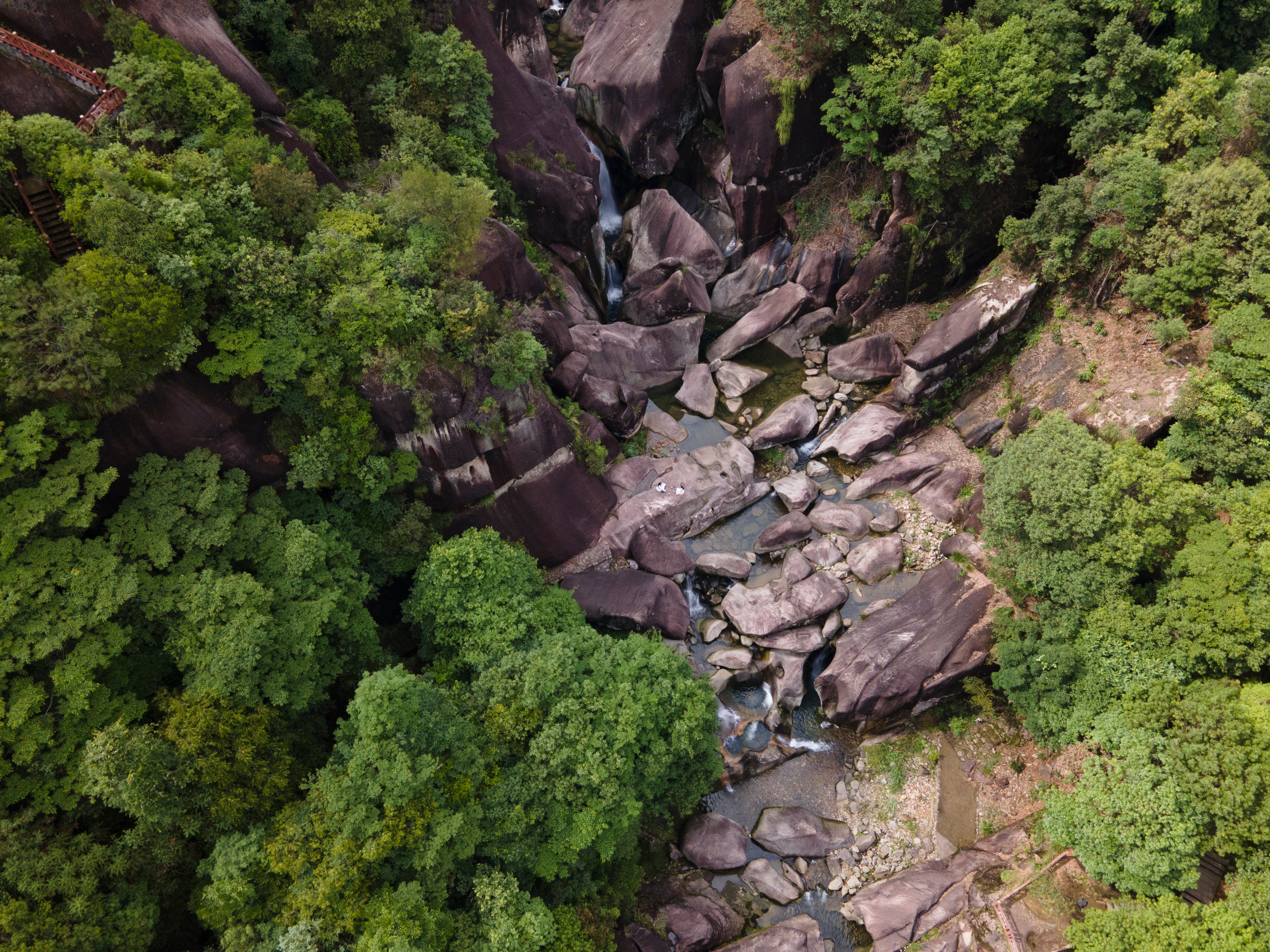
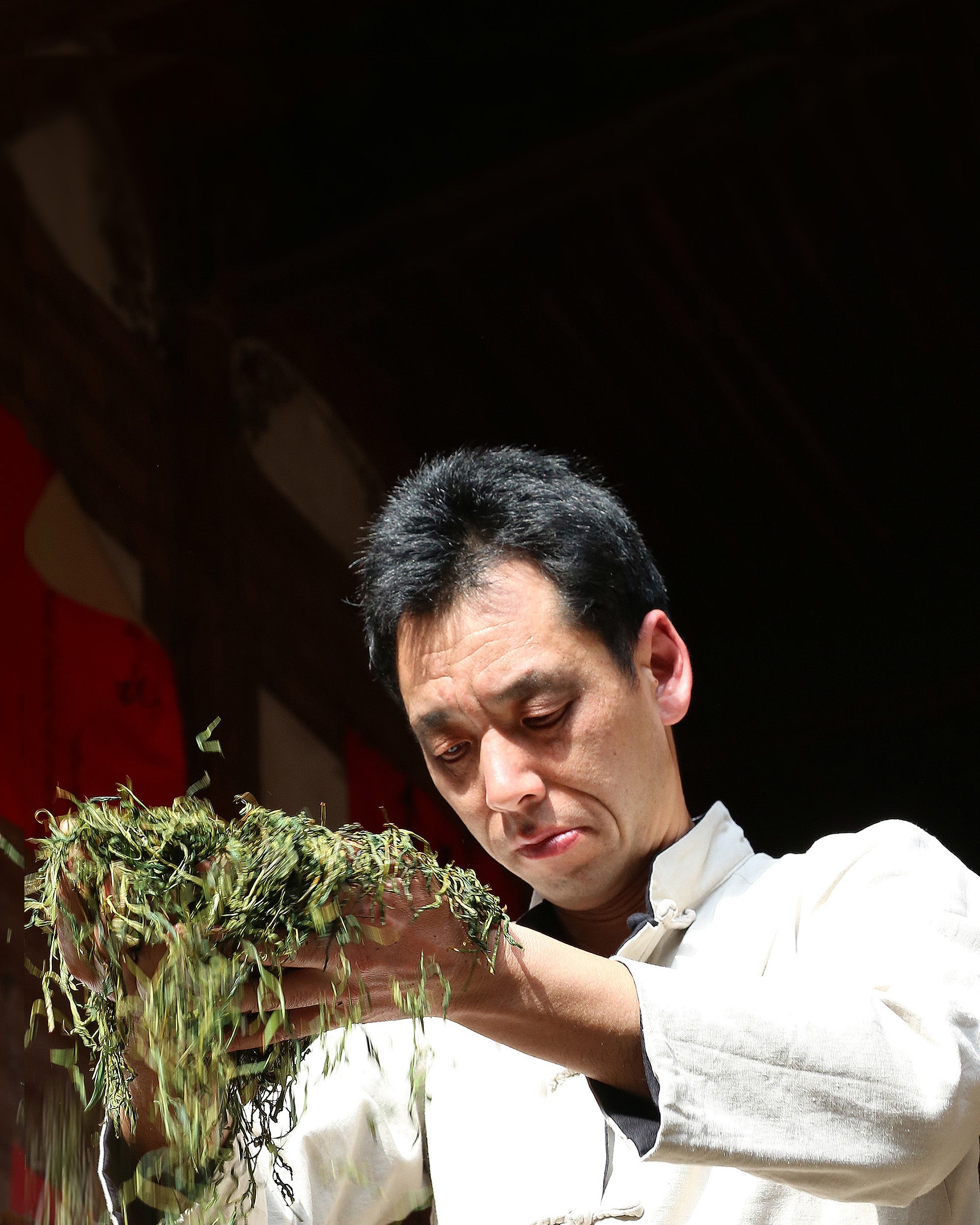
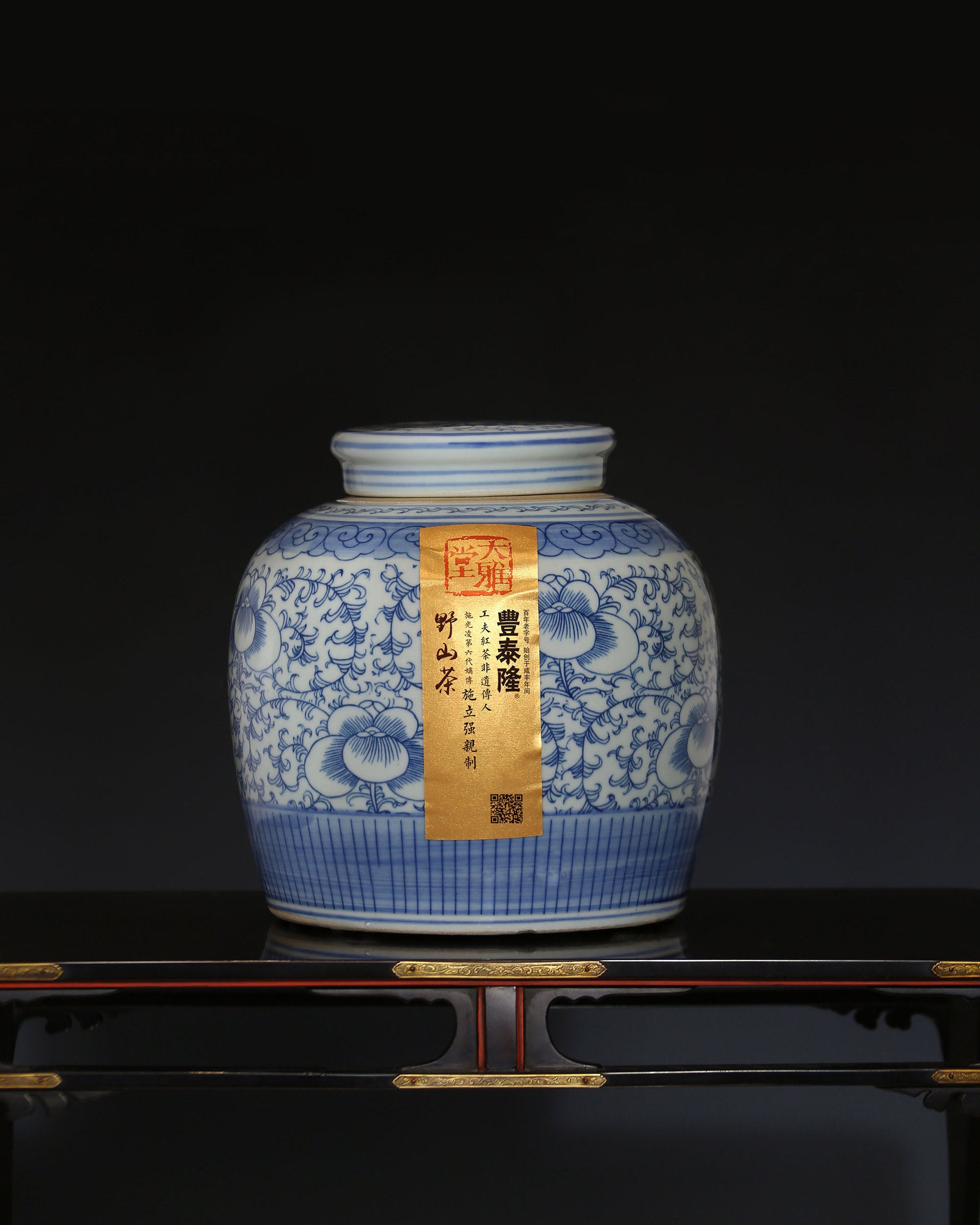
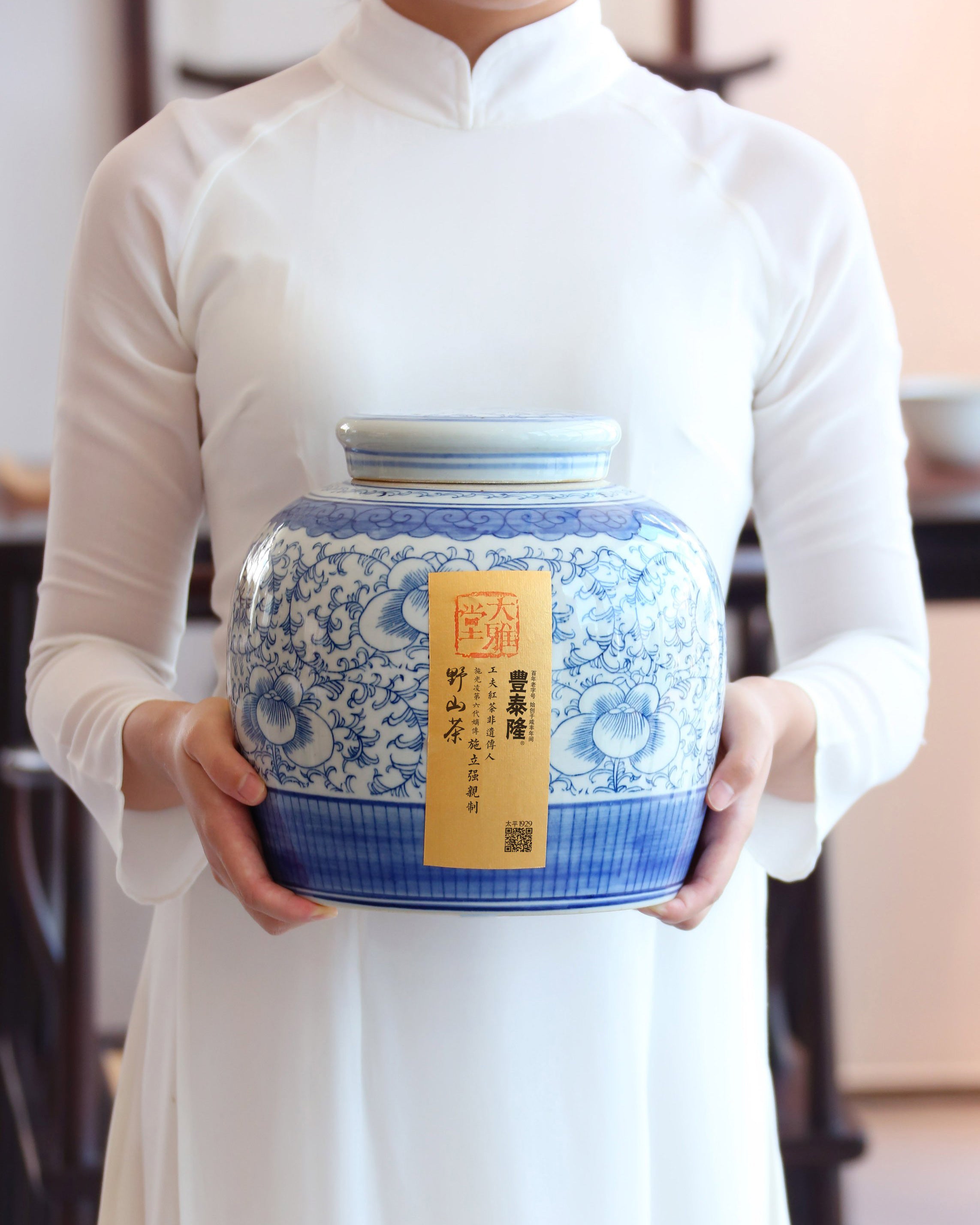
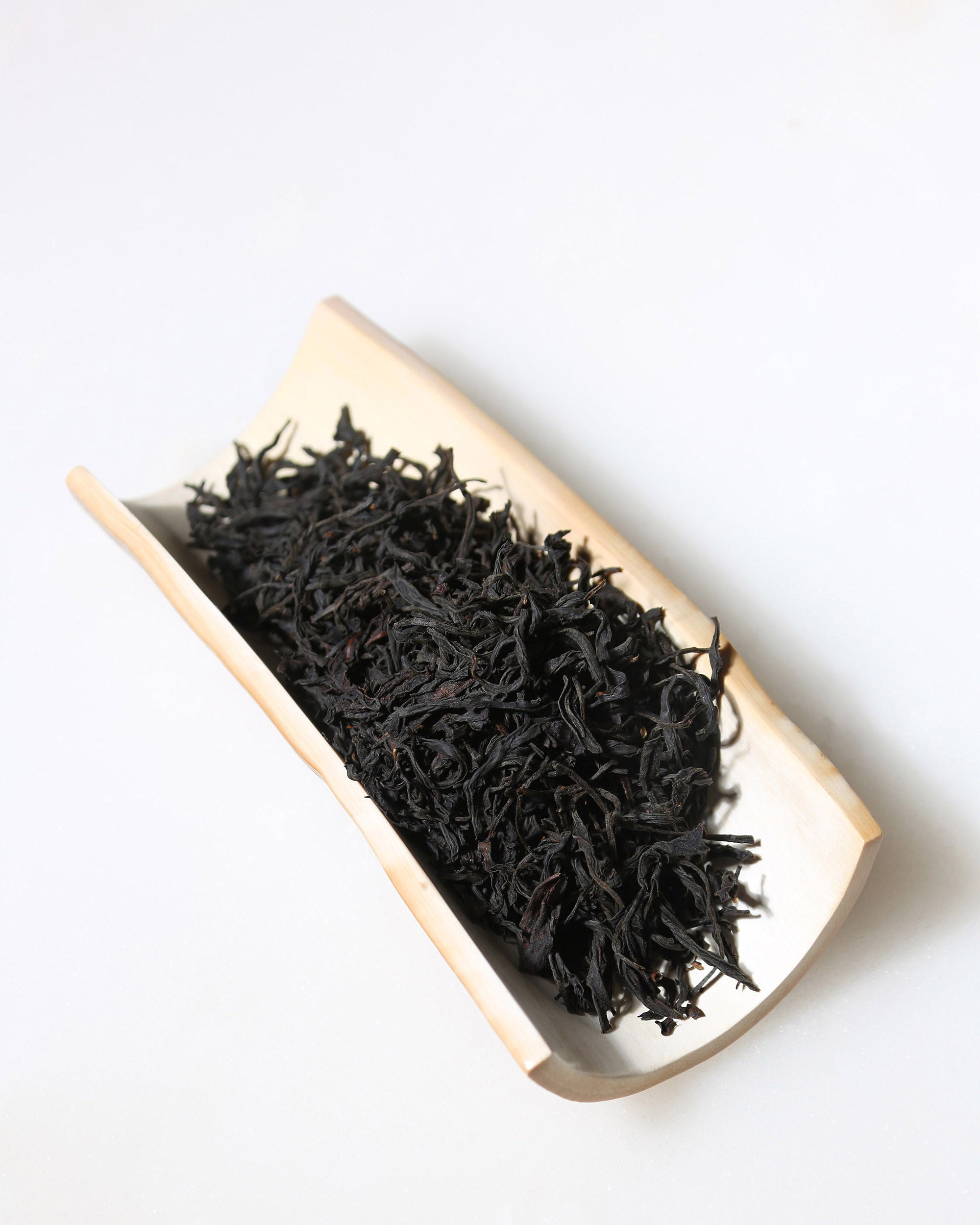
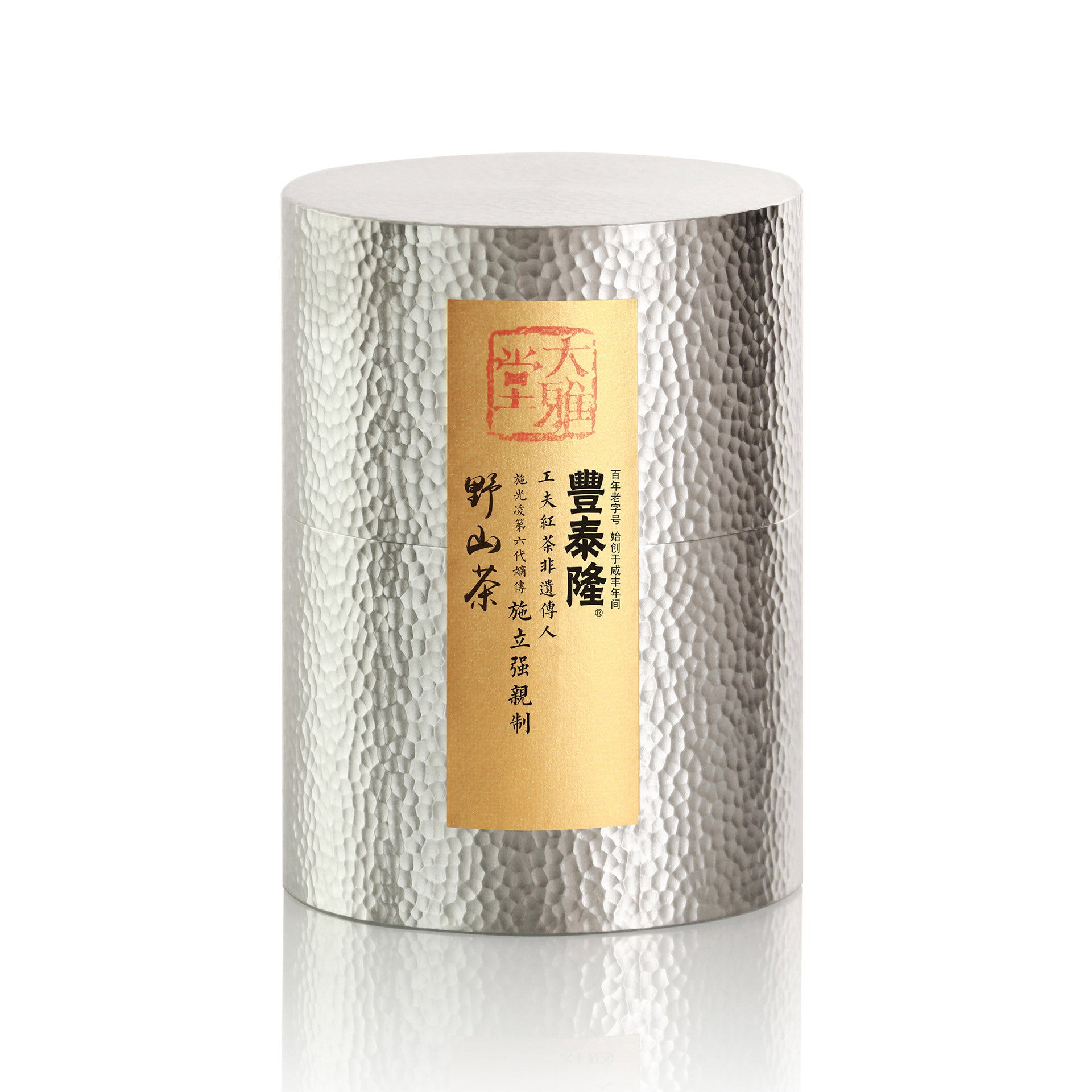
2025 Handcrafted Wild Black Tea







2025 Handcrafted Wild Black Tea
DayaTang owns two major brands: "F.T.L. 豐泰隆"
and "DayaTang 大雅堂" (registered trademarks)
A Cup of Good Tea
the Perseverance and Heritage of Six Generations
DayaTang owns two major brands: "F.T.L. 豐泰隆"
and "DayaTang 大雅堂" (registered trademarks)

F.T.L.:Since 1851
F.T.L. 豐泰隆 is the brand with the most complete and clearest-traceable lineage in the inheritance system of the "Tanyang Congou Tea-Making Craft".
As recorded in Memorial to the Throne by Yinggui, Viceroy of Fujian and Zhejiang: "The single village of Tanyang produces over 7,000 crates of tea annually, accounting for more than 70% of Fujian black tea output".

1827.9.9 – 1893.4.4)
Shi Guangling was the founder of F.T.L. 丰泰隆.
He was also one of the founders of Tanyang Congou black tea and a pioneer of China's modern tea industry.
He pioneered the maritime tea route for Fujian black tea.
He invented the double-smoking method, and due to the excellent quality of its tea, F.T.L. 丰泰隆 was selected as a supplier of specialty tea for the British royal family.

Cross-verification: Annotated Original Text of the 1888 Entry in the "Royal Specialty Procurement Records"

1889, LS 4/132, Held in the National Archives of the UK
Accounting records of the Lord Steward’s Office (Royal Household) show:
"The expenditure on purchasing F.T.L. 豐泰隆 double-smoked black tea accounted for 17% of the budget for Eastern teas,
(1895-1972)
Shi Zuofan (style name: Fulong), the great-grandson of Shi Guangling, was one of the founders of China's tea industry in the new era and the first Chief Tea Evaluator of the State-run Fu'an Tea Refining Factory.
He systematically established the modern black tea evaluation system, trained the first batch of tea experts aiding foreign countries, and his compiled work Essentials of Minhong Black Tea Refining remains a classic textbook in tea science.
Core Contribution: Formulated industry standards for China's black tea industry;Technological Innovation & Inheritance: "Step-by-Step Fermentation Method";During the special period, he protected traditional tea-making techniques.
In 2021, the Tanyang Congou Intangible Cultural Heritage Protection Center recognized him as the "Founder of the Modern Black Tea Refining System".
The tea-making workshop of F.T.L. 豐泰隆 holds significant importance in the history of tea production and is recognized as a cultural relic in China.

(1928-2015)
Shi Jikang: Tea Scientist, Tea Engineer, and Head of the Technology Section of the State-run Tanyang Tea Factory.
During the special period, he was sent to the countryside for labor reform due to his landlord family background. At that time, the tea-making technique of Chinese Congou black tea was on the verge of being lost, and Shi Jikang protected this intangible cultural heritage (ICH) with his life:
In the winter of 1969, Shi Jikang used an ox-cart to hide six crates of old tea-making tools engraved with "F.T.L. 豐泰隆" in an abandoned kiln on the north slope of Baiyun Mountain;
In 1972 (recorded in the 2005 edition of Tanyang Village Chronicles), Shi Jikang transferred a batch of old tea-making tools to the home of his relatives in Xiapu County;

Shi Liqiang is a representative inheritor of the traditional tea-making technique of Tanyang Congou black tea and a tea industry innovator in the 21st century.
The intangible cultural heritage (ICH) collection tea products supervised by Shi Liqiang set a record for contemporary black tea auctions at 450,000 yuan per box in the charity auction held by the Song Qingling Foundation. CCTV programs such as Science and Education Channel and Exploring and Discovering have produced featured reports on him and his related deeds.
AromaPrimeTea 冠香红 & Double-Smoking Method – The Oriental Taste Code Flowing in the Genes
Six generations have guarded the inheritance of taste through the double-smoking technique (with 0.8% theaflavin) and AromaPrimeTea 冠香红 (with an 85% purple bud rate).
The royal tribute tea (recorded in the 1887 Golden Jubilee Tea List) and global evidence (the 1908 tea crate in Singapore) confirm its 174-year cultural depth. From the auction premium in London to the contemporary transaction price of 450,000 yuan per box, it continues to write the charm of Oriental tea through traditional charcoal roasting and genetic innovation.

Brand Epic

Incense Offering at Zhenwu Bridge - A Tale of the Tea Town

Daughter Learning to Make Tea - A Tale of the Tea Town
Craftsmanship never fades
Moving from yesterday to the future
Time carves traces on the tea caddy
F.T.L. 豐泰隆's tea aroma penetrates 174 years of time
Vicissitudes continue
the cultural context
Appreciation
Year: 2025
Level: Top Rare
Produced by: Shi Liqiang, inheritor of the intangible cultural heritage of Gongfu black tea
Origin: Tanyang Village, Fujian, China, the birthplace of Tanyang Kung Fu
Variety: Wild population
Craftsmanship: Shi Family's Seven-Sieve, Eleven-Step Process, Guanxiang Ancient Method
Quality Appraisal
Dry tea appearance: single bud, The buds are plump and strong.
Tea liquor color: The wild tea from 2025 has a golden-yellow, amber-colored liquor.
Aroma: It has a rich floral fragrance that is refreshing and intoxicating.
Taste: A sip of wild tea reveals a mellow and sweet flavor, with a gentle, delicate sensation as wonderful as spring water. The taste is tender and vibrant, with a lingering sweetness. Even after eight infusions, the aroma and flavor remain, with a consistently sweet finish.
Wild mountain tea soup has an amber color.
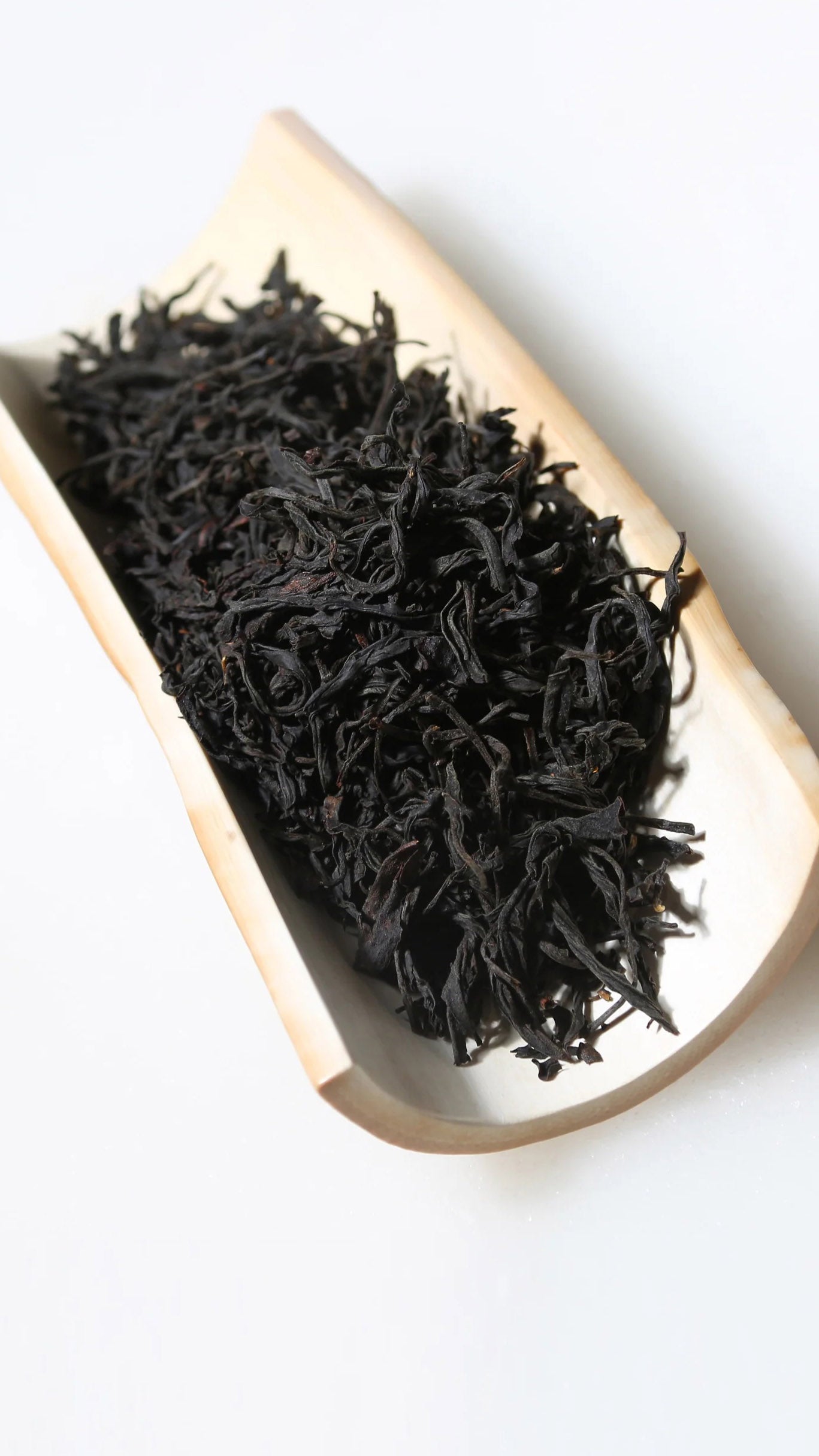
Wild mountain tea strips are black and moist, single buds
1. Prepare tea warmer
Gaiwan (lidded bowl), Yixing teapot, and glass teaware are all suitable.
Warm the cup with boiling water before brewing.
II. Adding tea leaves and shaking to release aroma
We recommend using 3-5 grams of tea leaves, but this can be adjusted according to personal taste. After adding the tea leaves, gently shake the container to release their aroma.
III. Brewing and Drinking
Let the boiling water cool to around 80 degrees Celsius. We recommend a gentle, slow brewing method, pouring water gently over the tea leaves to allow them to be evenly moistened and unfurled, resulting in a balanced flavor and aroma in the tea.
The first two infusions should be poured out within 2 seconds, the third within 3 seconds, and subsequent infusions can be poured out within a certain time. The aroma will linger after 7 infusions.
Brewing tips:
First: Always brew at a low temperature . If you use boiling water (100 degrees Celsius) for the first infusion, the tea will easily become strong and bitter. After the mouth is stimulated, even if subsequent water temperatures are suitable, the tea will taste weak. This is due to the characteristics of oral sensation. Therefore, using boiling water for the first infusion will cause the tea to lose its original wonderful experience.
This principle applies to all high-grade Chinese teas made from "tender buds," such as Mengding Ganlu and Biluochun. Generally speaking, the more delicate the buds, the lower the water temperature should be; the larger the leaves, the higher the water temperature can be.
Second: A single brew of tea should be completed within 20 minutes . If it cannot be finished immediately, store it in a container. When you wish to drink it again, reheat the previously brewed tea, and instantly the room will be filled with its fragrance, which will be intoxicating.
Do not leave steeped tea in the gaiwan for an extended period (such as one or two hours) before re-steeping. This is because oxidation occurs, deepening the oxidation of tea polyphenols, weakening the original fresh and crisp flavor, and causing aromatic substances to evaporate, resulting in a bland taste. Such brewing transforms a fine tea with rare qualities into a lackluster drinking experience.
This tip applies to all Chinese teas with exceptional aroma and flavor, especially those with a "highly aromatic" character.
The exceptions are aged Chinese teas and those with a heavily roasted and fermented style, which can be steeped slowly, brewed slowly, or boiled slowly.

Please refer to the traditional Chinese black tea brewing method.

Tanyang Village, China – the origin of world-class black tea
The charm of tea ceremony lies
in what suits you as precious
A pot of pure water is enough
Don't be trapped by water quality metaphysics
A pot of pure water is enough
Don't be trapped by water quality metaphysics
The charm of tea ceremony lies
in what suits you as precious
Packaging
"Forged Through Thousands of Hammers" Handcrafted Pure Tin Can
Height: 15 cm | Diameter: 11 cm | Net Weight: 250 g
Crafted by Sheng Yiyuan, ICH Inheritor of Yongkang Tin Carving.
The can body is shaped through thousands of manual hammer strikes, boasting a delicate and warm texture. Each hammer mark—varying in depth—stands as a unique imprint, a vivid testament to the warmth of handcraftsmanship and the profound meaning of intangible cultural heritage ingenuity.
The interior is finely polished using precision numerical control (NC) technology, ensuring a smooth and burr-free surface. The lid and mouth, crafted with high-precision techniques, achieve an airtight seal. This fusion of handcrafted warmth and modern technical precision preserves ancient charm while guaranteeing practicality.

Height: 15cm, Diameter: 11cm, Net weight of tea: 180g

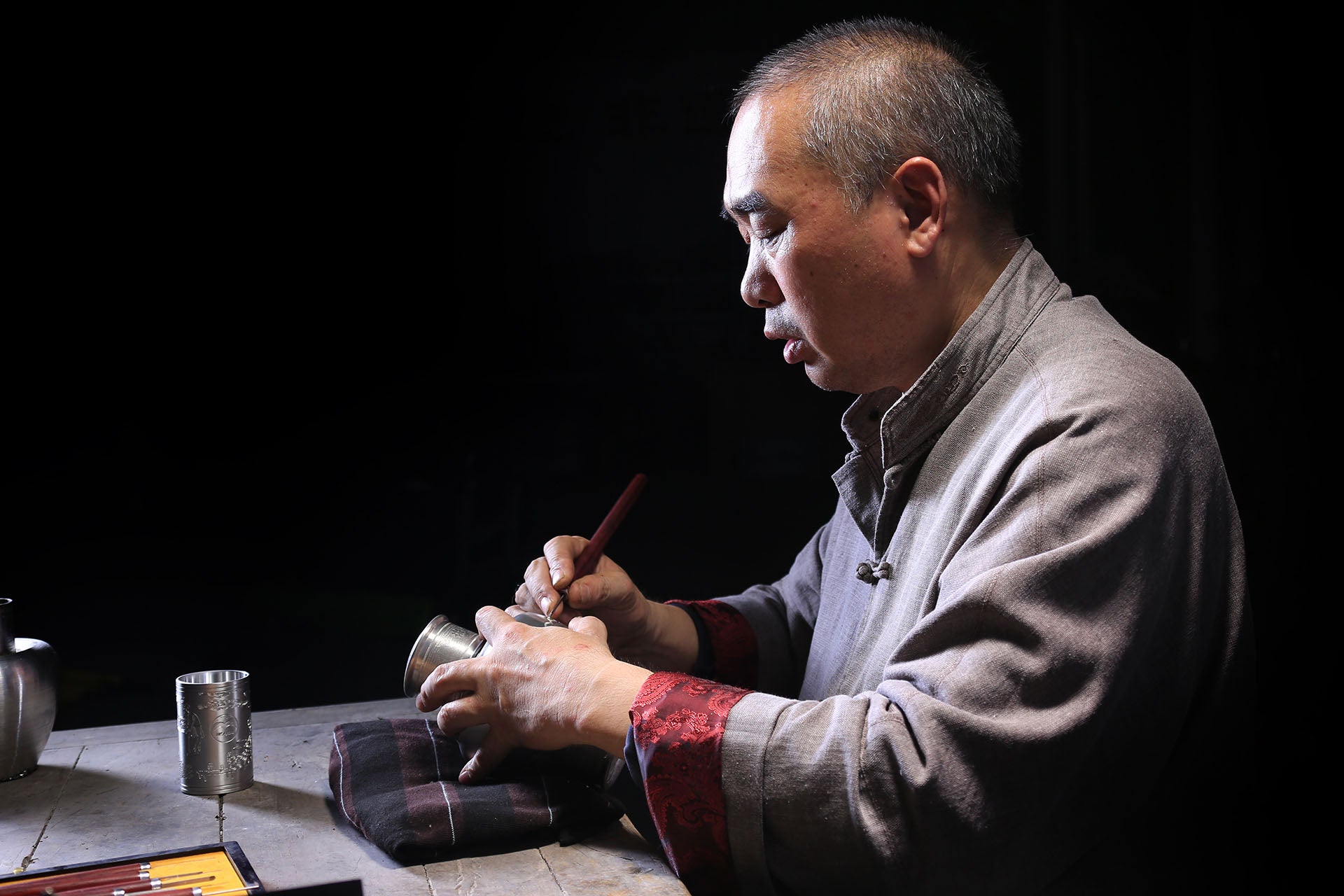
Sheng Yiyuan,ICH Inheritor of Yongkang Tin Carving
storage

Basic principles
Store in a sealed container in a clean, odorless, and dry environment, ideally below 25 degrees Celsius. Avoid light and moisture.
Note: Avoid opening the container frequently.
Every time the container is opened, the tea leaves come into contact with air and moisture, which accelerates the oxidation and deterioration of the tea.
Therefore, minimize the number of times you open the storage container.
Shelf life
The above storage conditions can be met for long-term storage.
1-year appreciation
Aroma: Compared to aged tea, the aroma is fresher, more invigorating, and more pronounced, with a noticeable floral and sweet fragrance, and a high degree of freshness.
Taste: Fresher and more vibrant than aged tea. Upon tasting, the robust inner qualities of the tea leaves are clearly perceptible, with a full-bodied flavor and a rapid and pronounced aftertaste.
Enjoy after 5 years or more of storage
Aroma: The floral and fruity aromas gradually fade, transforming into a rich and deep aged aroma, woody aroma, and camphor aroma, accompanied by a slight medicinal aroma.
Taste: The taste becomes increasingly mellow and smooth. After years of storage, the chemical composition of the tea leaves changes, and the content of irritating substances such as tea polyphenols decreases, resulting in a milder taste, a rich and mellow liquor, a long-lasting aftertaste, and a smooth and delicate flavor with a unique character.
